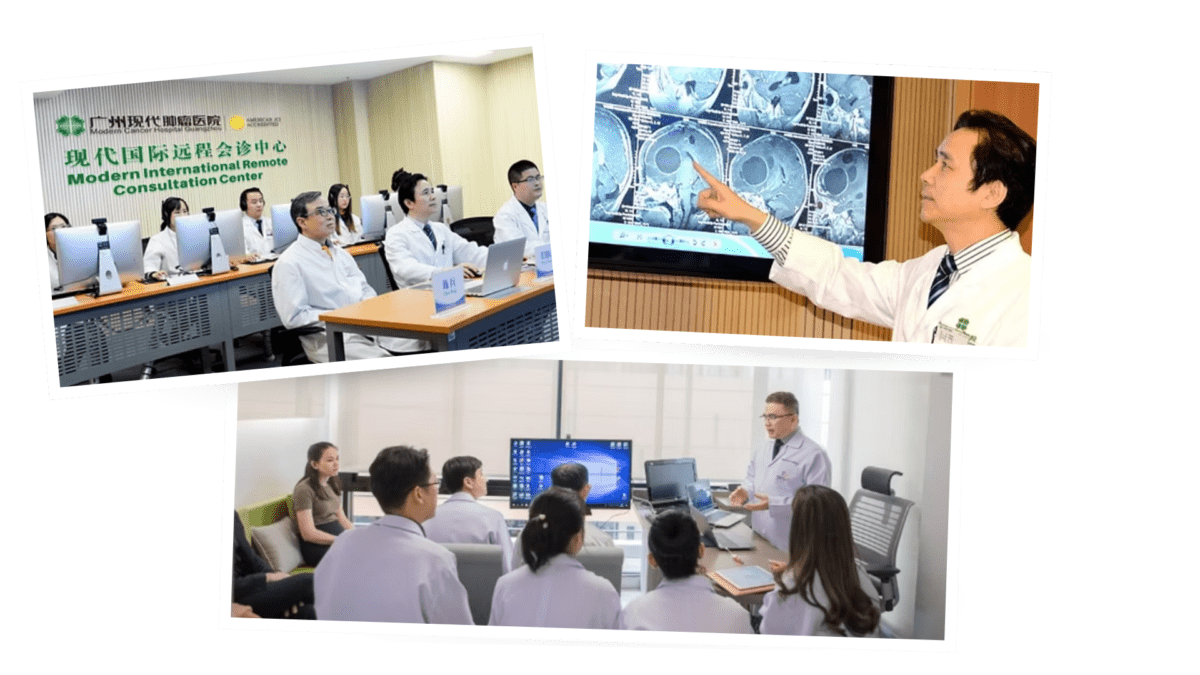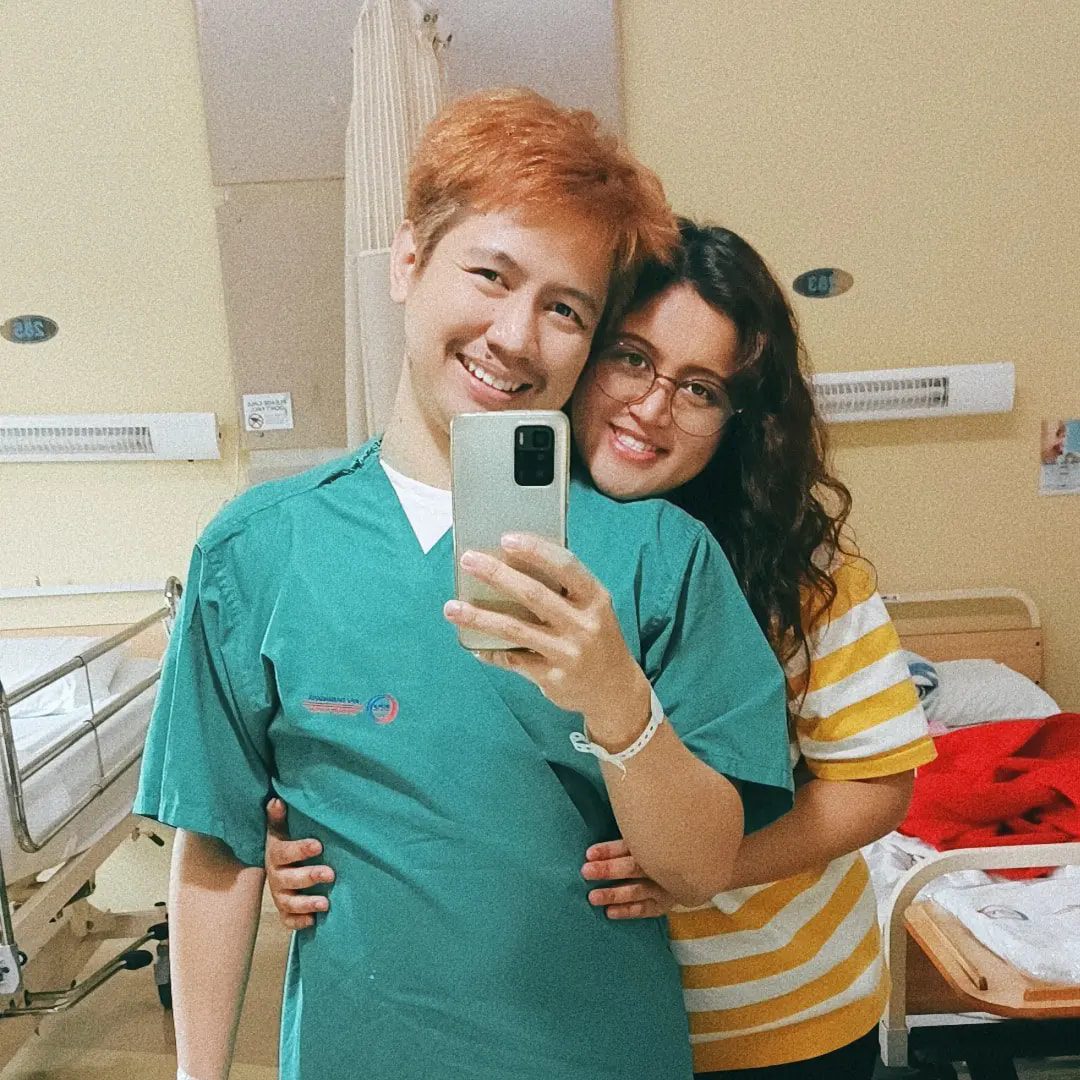Our 3 Front Approach:

Our 3 Front Approach — Allopathic, Homeopathic, and Anti-Cancer Lifestyle — is more than just three categories. Beneath each one lies a detailed, personalized path that combines science, expertise, and practical application. Together, they form a powerful strategy to give patients the best chance in their fight against cancer.
Disclaimer: This approach is not something we invented.
It is built on a foundation that has already been used successfully by many cancer survivors before us. We’ve taken these lessons, combined them with our own cancer journey, and refined them into a structured way that patients can understand and apply.
Instead of trying to follow every opinion and piece of advice (which can be overwhelming and exhausting), we focus only on approaches that meet three key criteria:
They have a solid foundation of scientific or clinical evidence.
They have shown real, positive impact in our own cancer journey.
They have shown real, positive impact in the lives of other cancer patients.
Where Our Guidance Comes From

We are part of CancerCare Beyond Chemo (CBC) family. CancerCare Beyond Chemo (CBC) is an integrative cancer-care initiative rooted in a holistic philosophy: to combine the strength of modern, evidence-based medicine with traditional healing and lifestyle practices, aiming to support the whole person — body, mind, and immune system.
This means that any cancer patient who comes to us is not just guided by our journey, but also by the advice and insights of a wide circle of trusted professionals and survivors, including:
Cancer Survivors – Individuals who have successfully overcome advanced cancers using a combination of allopathic, homeopathic, and lifestyle-based approaches. Their lived experiences are invaluable in shaping practical, real-world guidance.
Medical Doctors & Hospitals – Our network includes respected institutions such as Guangzhou Modern Hospital, which specializes in integrative cancer care, and doctors like Dr. Chatchai, founder of Absolute Health, a leading medical group based in Bangkok who specializing in Regenerative Medicine through a well-balanced Integrative and Preventive Medicine approach.
Nutritionists – Professionals who design cancer-specific diets that strengthen the body during treatment and help prevent recurrence.
Pharmacists – Experts who advise on safe and effective use of medications, supplements, and integrative therapies to minimize side effects and improve outcomes.
Alternative Medicine Practitioners – From Siddha medicine healers to Traditional Chinese Medicine (TCM) and Ayurveda experts, as well as trusted homeopathic doctors — always focusing on methods that have shown promising or proven results.
Our Shared Philosophy with CBC
Our 3 Front Approach is simply another way of expressing the same philosophy that CBC shares:
Allopathic Medicine — making use of the strengths of conventional treatments (surgery, chemotherapy, radiation, immunotherapy, targeted therapy, etc.).
Naturopathic & Traditional Healing — homeopathy, Siddha medicine, and other natural remedies that restore balance and resilience.
Immune-Boosting Lifestyle & Diet — nutrition, movement, rest, and daily practices that strengthen the body against cancer and prevent recurrence.
Integrative Medicine — bringing the best of both worlds together for whole-person healing.
👉 You can read more about CBC here: Explore CancerCare Beyond Chemo
Our process of helping cancer patients goes like this:

Again, we just want to let you know that you're not alone in this fight.
We’ve been through this journey and are here to support you. You don’t have to fight this battle alone. Reach out anytime—we’re here to listen and help.